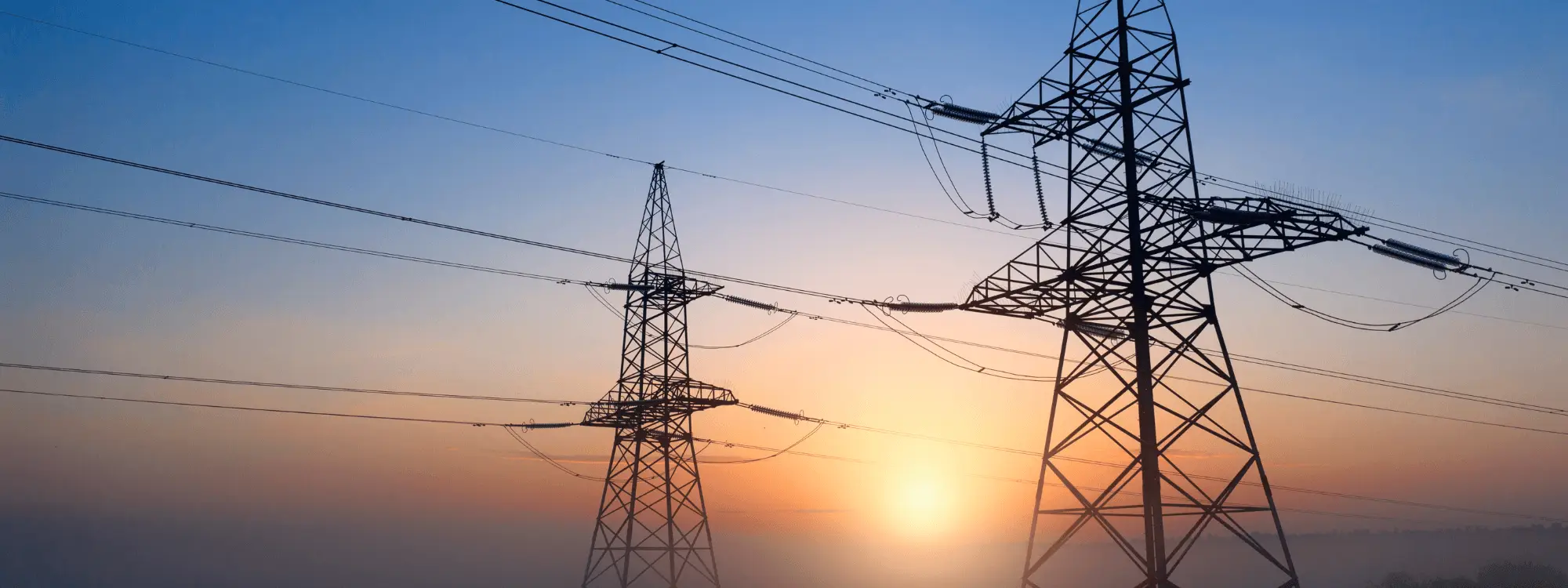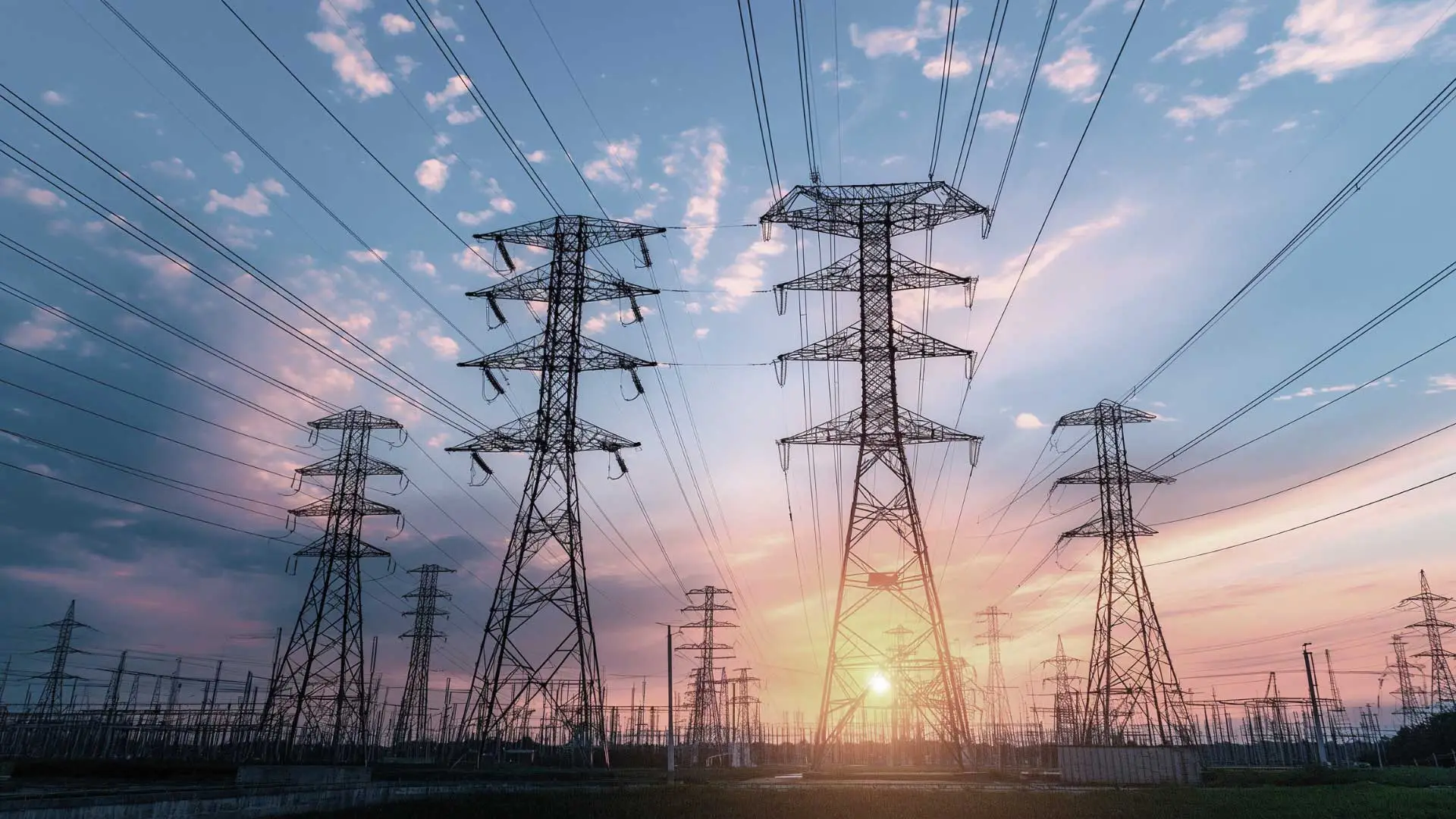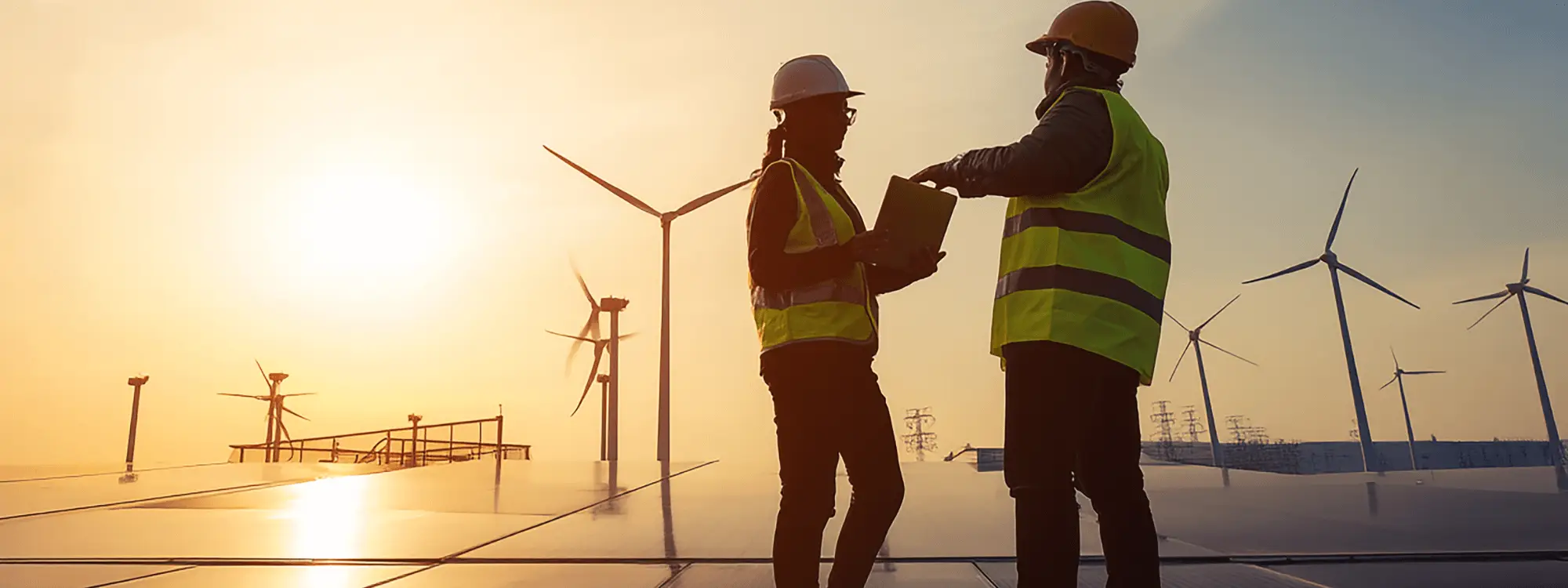Skills Needed to Become an Energy Engineer
The UK energy landscape is charging ahead with innovation. From offshore wind projects to integrating hydrogen, solar power, and battery storage into the grid, the demand for energy expertise has never been higher.
But what does it take to stand out in such a fast-paced and competitive energy industry? Here’s our breakdown of the must-have skills shaping the future of energy engineering.
Technical Engineering Expertise
At its core, energy engineering relies on a strong grounding in disciplines such as electrical, mechanical, civil, and energy technology.
Understanding how energy production works, from sources of energy like fossil fuels to renewable systems, is vital. Engineers who can bridge traditional methods with clean energy innovations are leading the way.
Knowledge of Renewables and Clean Energy
As the UK moves towards net zero, employers are looking for engineers with knowledge of renewable energy systems. From wind turbines and solar power to hydrogen and battery storage, skills in clean energy are in high demand.
Many of today’s energy vacancies vary depending on sector needs, but almost all require awareness of how to apply new technologies while meeting industry standards.
Health, Safety and Environmental Awareness
The energy sector is highly regulated. Engineers must understand health, safety, and environmental engineering principles to ensure compliance.
Whether working on offshore installations or managing high-voltage systems, a focus on risk assessment, safe operations, and sustainability ensures projects succeed responsibly.
Project Management and Problem Solving
From initial design to final commissioning, energy engineers need strong project management skills. Tools like AutoCAD, Revit, and Primavera help keep projects on track.
Equally important is problem solving - whether that’s overcoming grid integration challenges, adapting designs to new regulations, or finding innovative ways to deliver clean energy projects on time.
Communication and Team Collaboration
Large-scale projects require cross-disciplinary collaboration. Energy engineers often work with regulators, contractors, and stakeholders, where clear communication can make all the difference.
Strong collaboration skills also help engineers navigate the recruitment process, ensuring the right expertise is matched with the right role.
What’s Next for Energy Engineers?
The energy sector shows no signs of slowing down. Career opportunities range from supporting fossil fuels transitions to scaling up clean energy infrastructure.
Whether you’re looking to start your career or bring experience into innovative projects, there’s a wide range of opportunities available. Explore our latest energy jobs and energy vacancies to see where your skills fit best, or visit our Energy Recruitment page for insights into the future of the industry.




